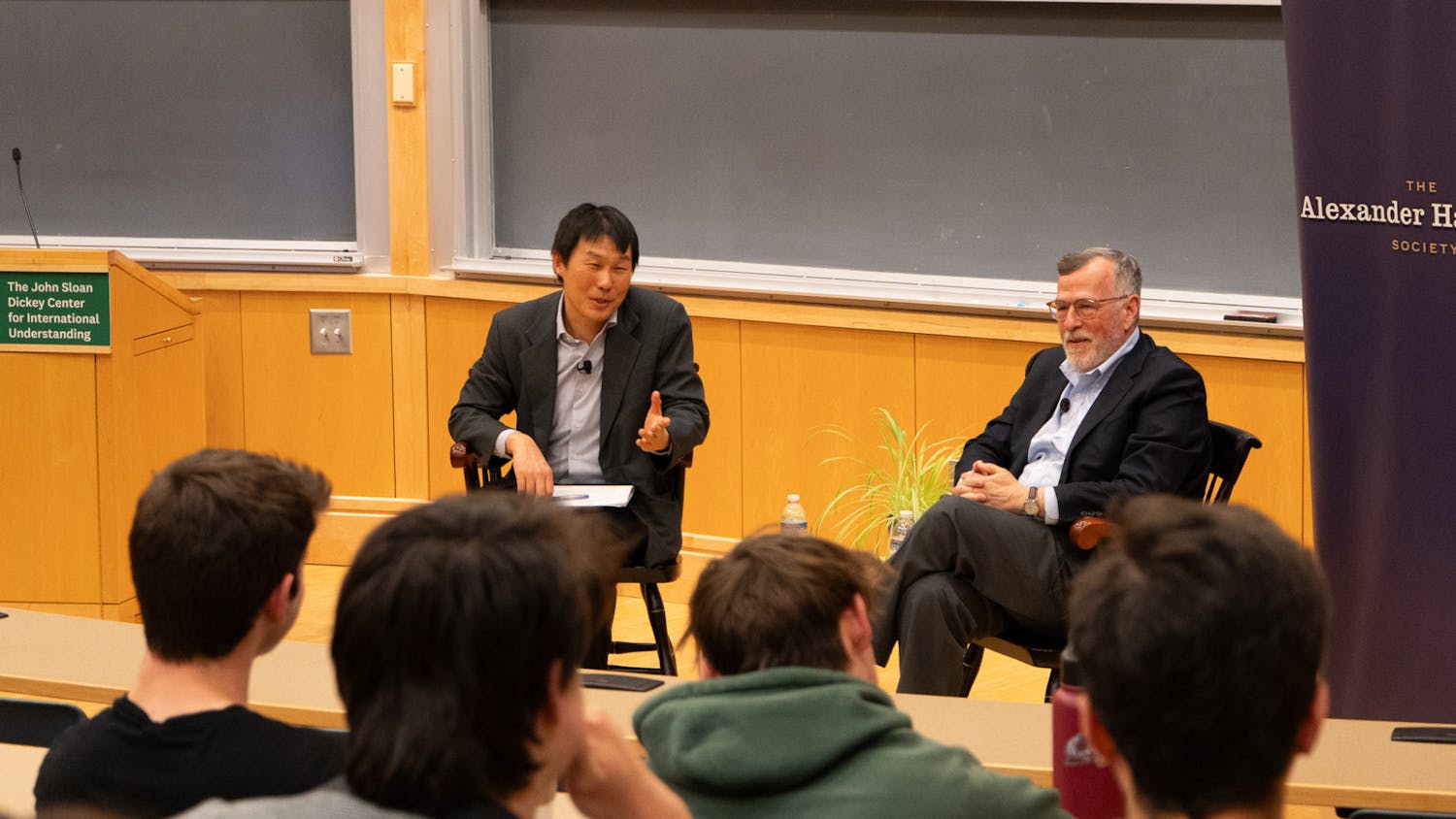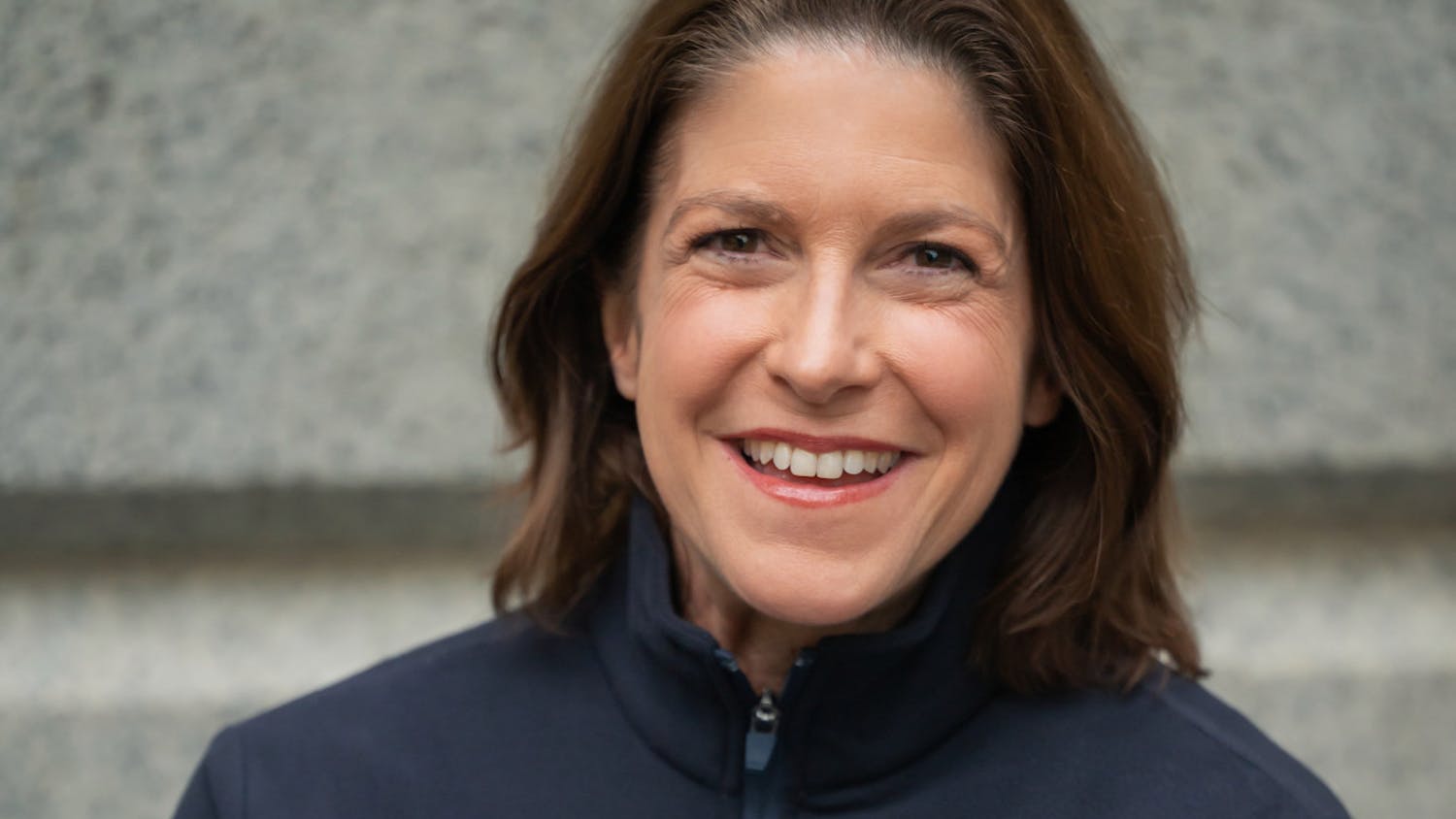Forbes Magazine ranked Dartmouth 30th in its annual list of "America's Best Colleges," up from last year's ranking of 98th. The rankings, however, have faced some criticism due to the methodology, which relies on professor reviews on Ratemyprofessors.com, as well as alumni salaries and school affordability.
Although the College received its highest ranking since Forbes established its rating system in 2008, Dartmouth still fell behind institutions like Williams College, Princeton University and Amherst College, which took the lead as the top three universities this year. This year's rankings are different from last year's in that the "faculty awards measure" is no longer factored into the ratings, according to Forbes.com.
"Last year we reduced the weighting of the faculty awards from 8.33% to 5%, and this year we made the determination that the other new variables deserved heavier consideration," the website said. "In the past we have had technical problems with this component because a very large number of schools receive zeros, making this variable relevant to only a small percentage of schools in our sample."
Forbes, in conjunction with The Center for College Affordability and Productivity, ranked accredited universities based on weighted scores of five main categories, according to the company's website.
Student satisfaction which is weighted at 27.5 percent takes into account freshman-to-sophomore retention rates and student evaluations from MyPlan.com, a website that allows students and professionals to research educational and career options. The majority of the student satisfaction ranking is based on student evaluations from Ratemyprofessors.com, an online service that allows students to provide anonymous feedback on professors. The site does not confirm whether or not online users are actually students at the colleges they represent.
Former College provost Barry Scherr questioned the validity of Forbes Magazine's methodology in a 2008 interview with The Dartmouth. He said that since the College has its own internal course evaluation system, Student Assembly's Course Guide, relatively few students use Ratemyprofessors.com, which remains true two years later. Due to the small sample size of reviews on Ratemyprofessors.com, the results may not be "statistically significant," Scherr said at the time.
Although Ratemyprofessors.com lists that 170 Dartmouth professors have been reviewed, activity on the website is outdated and minimal compared to the number of reviews available for professors at other universities.
The College generally fares better in U.S. News and World Report rankings than in those published by Forbes. In 2008 the first year in which Forbes released their list of the nation's best colleges Dartmouth was ranked 127th.
The College placed 11th in the 2010 US News and World Report rankings, another annually published list of the nation's premier colleges and universities. The 2010 U.S. News and World Report rankings will be released Aug. 16. In a 2009 interview with The Dartmouth, College President Jim Yong Kim said it is important that the College both offer and be renowned for the best education in the world."
"The medical school is ranked 35th," Kim said at the time. "I don't see any reason why our medical school can't be in the top 10, or top 5. I'm not obsessing about rankings. What I'm saying is we want to feel confident that what we're doing is the best that we can do and we want to be recognized for it."
Despite criticism of the inclusion of Ratemyprofessors.com rankings, Forbes has defended its choice because of the website's uniformity across colleges throughout the country.
"When combined with the significant advantages of being uniform across different schools, not being subject to easy manipulation by schools, and being publicly available, [Ratemyprofessors.com] data is a preferred data source for information on student evaluations of teaching it is the largest single uniform data set we know of student perceptions of the quality of their instruction," the website said.
Postgraduate success, which accounts for 30 percent of the weighted ranking, is calculated based on alumni salaries from Payscale.com, the number of alumni in the Forbes/CCAP Corporate Officers List and the number of alumni listed in Who's Who in America.
A third category used to rank schools is student debt, which is used to measure schools' relative affordability. This measure, accounting for 17.5 percent of the total rating, includes the four-year debt load for a typical student borrower and student loan default rates. The four-year graduation rate, which also constitutes 17.5 percent of the total ranking, is calculated from the four-year gradation rate and the difference between predicted and actual graduation rates.
"Graduation rates measure how effectively institutions of higher education deliver the education they provide to their students," according to Forbes.com. Forbes also uses the number of students from the college who received nationally competitive awards to calculate the remaining 7.5 percent of the ranking. Nine nationally competitive awards, including Rhodes Scholarships and Harry S. Truman Scholarships, are considered.
The Tuck School of Business was ranked second in the Forbes list of business schools.



